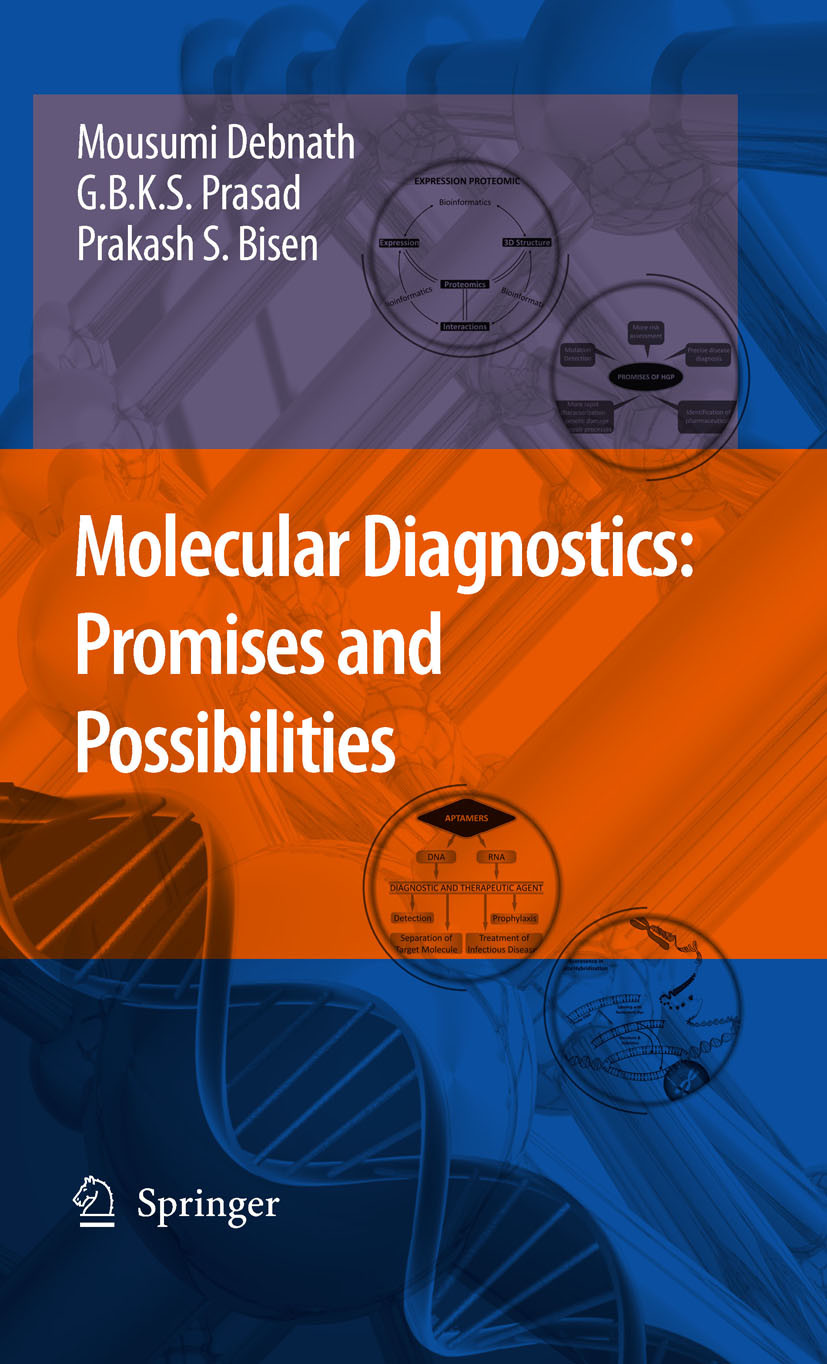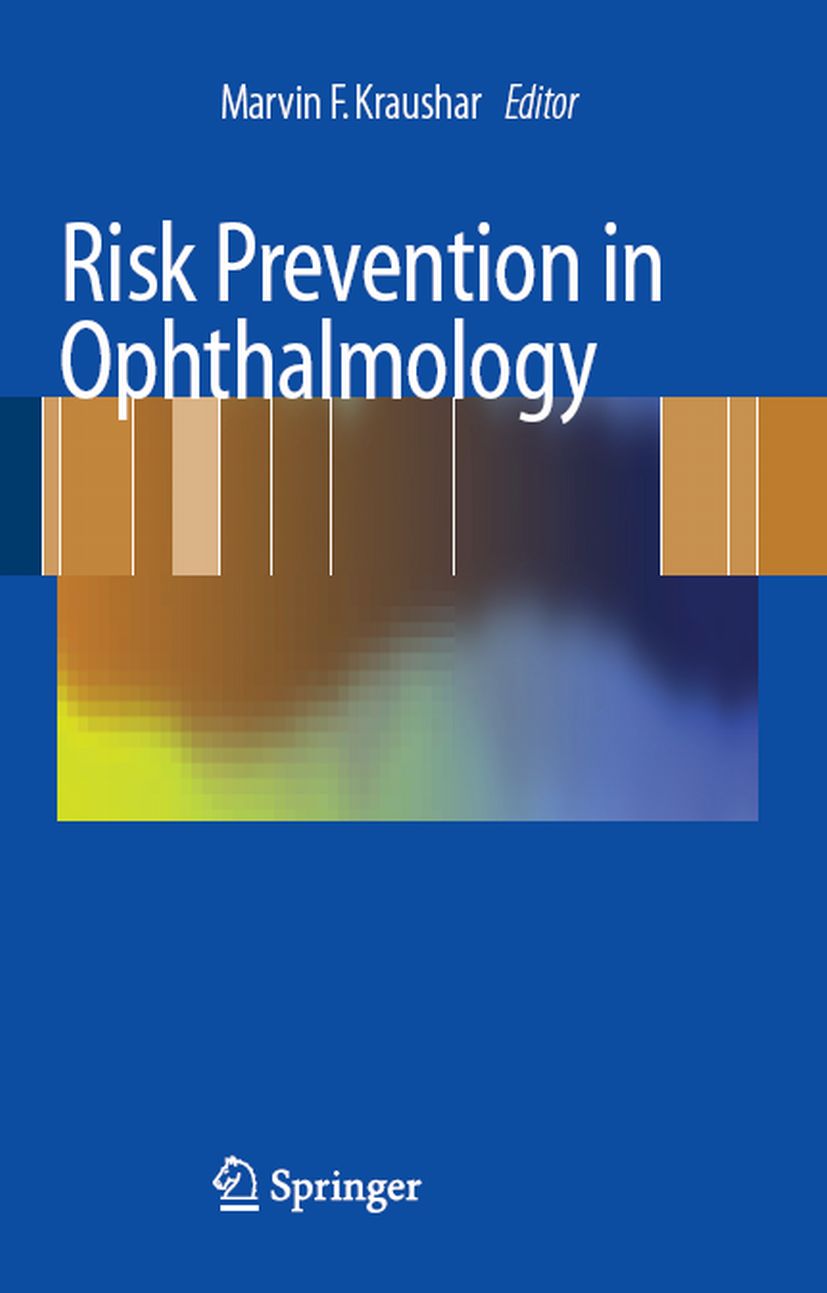Molecular Diagnostics: Promises and Possibilities
| Auflage | 1. Auflage, 2010 |
| Verlag | Springer-Verlag |
| ISBN | 9789048132614 |
Produktbeschreibung
A rapid development in diverse areas of molecular biology and genetic engineering resulted in emergence of variety of tools. These tools are not only applicable to basic researches being carried out world over, but also exploited for precise detection of abnormal conditions in plants, animals and human body. Although a basic researcher is well versed with few techniques used by him/her in the laboratory, they may not be well acquainted with methodologies, which can be used to work out some of their own research problems.
The picture is more blurred when the molecular diagnostic tools are to be used by physicians, scientists and technicians working in diagnostic laboratories in hospitals, industry and academic institutions. Since many of them are not trained in basics of these methods, they come across several gray areas in understanding of these tools. The accurate application of molecular diagnostic tools demands in depth understanding of the methodology for precise detection of the abnormal condition of living body.
To meet the requirements of a good book on molecular diagnostics of students, physicians, scientists working in agricultural, veterinary, medical and pharmaceutical sciences, it needs to expose the reader lucidly to:
- Give basic science behind commonly used tools in diagnostics
- Expose the readers to detailed applications of these tools and
- Make them aware the availability of such diagnostic tools
The book will attract additional audience of pathologists, medical microbiologists, pharmaceutical sciences, agricultural scientists and veterinary doctors if the following topics are incorporated at appropriate places in Unit II or separately as a part of Unit-III in the book.
- Molecular diagnosis of diseases in agricultural crops
- Molecular diagnosis of veterinary diseases.
- Molecular epidemiology, which helps to differentiate various epidemic strains and sources of disease outbreaks. Even in different units of the same hospital, the infections could be by different strains of the same species and the information becomes valuable for infection control strategies.
- Drug resistance is a growing problem for bacterial, fungal and parasitic microbes and the molecular biology tools can help to detect the drug resistance genes without the cultivation and in vitro sensitivity testing. Molecular diagnostics offers faster help in the selection of the proper antibiotic for the treatment of tuberculosis, which is a major problem of the in the developing world. The conventional culture and drug sensitivity testing of tuberculosis bacilli is laborious and time consuming, whereas molecular diagnosis offers rapid drug resistant gene detection even from direct clinical samples. The same approach for HIV, malaria and many more diseases needs to be considered.
- Molecular diagnostics in the detection of diseases during foetal life is an upcoming area in the foetal medicine in case of genetic abnormalities and infectious like TORCH complex etc.
The book will be equally useful to students, scientists and professionals working in the field of molecular diagnostics.

